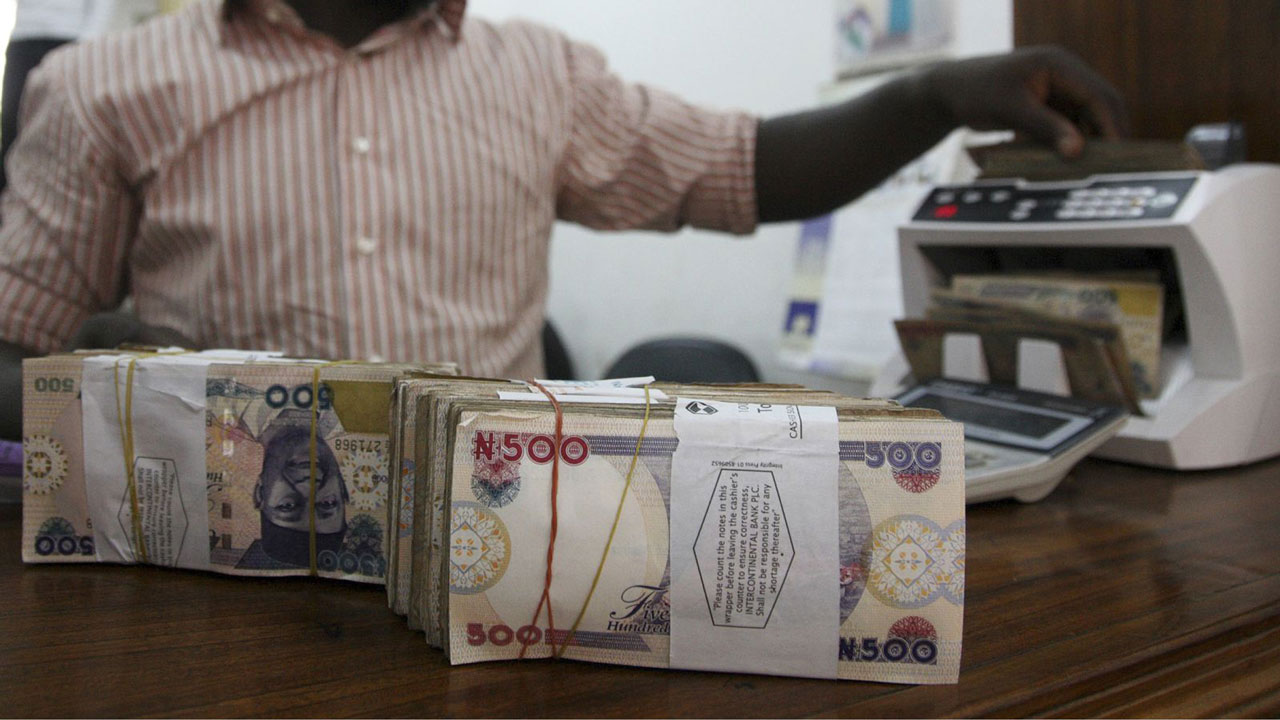By Dele Ojo
Nigerians are still engrossed in the use of cash for transactions in their daily financial activities, but have adopted the use of Automated Teller Machines (ATMs) channels, especially for cash withdrawal purpose, while agency banking is rapidly gaining importance in the country’s retail banking industry, enabling convenient access to cash and other banking relationship, particularly in rural areas.
The prevalent use of cash is the comparatively low level of merchants’ acceptance of noncash payments, since many microenterprises and providers of day-to-day essential services such as grocery traders, artisans, road transporters etc. are typically unable to offer digital payments as an option to customers. Reliability of transactions and ease of confirmation of payments are factors often cited as barriers for adoption as they do not support the immediacy required to complete these transactions.
The above are some of the findings by KPMG Nigeria, in its 2021 Nigeria Banking Industry Customer Experience Survey, just released, as the annual banking survey continues to provide an independent platform for banks and other organisations to acquire the outside-in perspective and understand the voice and priorities of Nigerian customers.
“We found that retail customers ranked the success rate of transfers and paying bills in the top five most important measures in evaluating the service experience. Yet only a little over a third of customers are very satisfied with this measure, showing that there is a gap between what retail customers expect and what they experience. Log-in issues on the digital platforms, transaction failures, delayed reversals on unsuccessful payments, downtime on digital channels are recurring issues encountered when completing payments or transfers,” the report said.
According to the report, more than 70% of respondents use ATMs regularly, with slight changes between 2020 and 2021, although the branch and POS agents are also dominant channels for cash transactions, as 46% and 41% of customers say they conduct cash transactions using these channels respectively.
“Agency banking is particularly high amongst Gen Z customers, with 52% of these customers reporting regular usage of the channel. As this trend continues, banks can leverage the agent networks to push a wider range of financial activities beyond cash transactions,” it stressed.
But despite the prevalent use of cash, the survey shows that customers are increasingly shifting towards cards and digital wallets to make payments, as 41% of customers indicated plans to reduce use of cash to pay for products or services, while 54% plan to increase their use of cards.
Furthermore, Digital wallet use is an increasing trend especially for younger generations as more than 40% of Gen Z customers and Millennials will prefer to use a digital wallet for payments. Further penetration of payment acceptance devices and initiatives such as the eNaira may enhance adoption by providing alternatives for merchants without access to POS terminals.
“We note the continued growth in the use of mobile apps even as customers continue to engage in cash transactions. Compared to last year, use of mobile apps among respondents increased by six percentage points to 81%. Making a payment or a transfer is primarily conducted through this channel for 79% of customers”, the report revealed.
However, given the key role payments plays in the lives of many customers, expectations have naturally heightened for frictionless experiences when using digital channels for payments, customers indicated that a good payment experience hinges on successful and complete transactions, speed and reliability, and resolution when failures happen.
To deliver an overall good experience, the Report cautions that banks must take an end-to-end view of the payments experience, taking into consideration the steps the customer goes through within each stage of their payments journey and the experience at every point of interaction.
“Closing this gap in expectations will entail implementation of adequate application and service monitoring solutions to proactively identify and resolve downtime, and where required, communicate to customers,” KPMG advised.






Comment
No comments found.